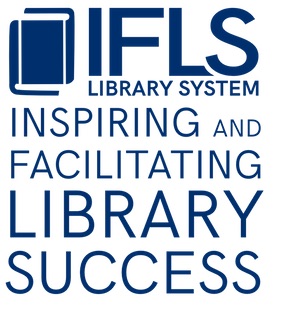At a recent youth services check-in, someone mentioned that their small town had lost four people to COVID-related deaths in the past week, and two were pillars of the community. She mentioned that the whole town is muted and she is looking for ways to support the community in their grief and it is a challenge, especially when the library staff is also mourning these losses.
Most communities have tales to tell like this one, especially in the past few years. There are other sad losses and traumas that affect a whole community: fatal car accidents, house or apartment fires, racially-motivated attacks, civil unrest, or a large-scale assault, like the one our friends in Waukesha are trying to recover from. There is definitely a role for libraries in helping communities heal. Booklists, displays, programs–lots of good options!
As you are considering how to help your community, remember that you and your co-workers and potential partners are also probably reeling from the situation. Give yourselves and each other a bit of grace. The library can play an important role in helping the community heal, but remember that your own health and well-being and your own need to process trauma and grief are critical, as well. If you are in a leadership role, make sure to check in with staff about how they are doing. If you are anyone, be sure to reach out for help if you need it! Quick reminder of the crisis text line, your city’s Employee Assistance Program (if you have one), or a trusted friend or colleague as resources.
A smattering of resources that may be useful:
Library Responses
Youth Services Programming in a Crisis Toolkit from the State Library of Michigan is a workbook to help you come up with titles, programs, and ideas.
This ALSC Blog post talks about helping a community process the murder of a beloved local coach
Resources to Share with Families
When Someone Your Child Loves Dies by the Fred Rogers Center
The Child Witness to Violence Project has Tips for Talking with Children (4/2022 seems to be offline at this time)
Talking through Tragedy from Harvard Graduate School of Education
Possible Partners
Check with your local hospice, clergy, or mental health professionals to see if any of them would be interested in doing a program for any age about processing grief and trauma.
If there is a community resource fair resulting from the trauma, see if the library can be a part of that! The more connected you are with community partners and others ahead of time, the easier this is at tough times.
Booklists
-
- 18 Books to Help Grieving Children and Teens Heal from Mindshift/KQED
- Bibliocore List–Books for Children about Death and Dying from King County Library
